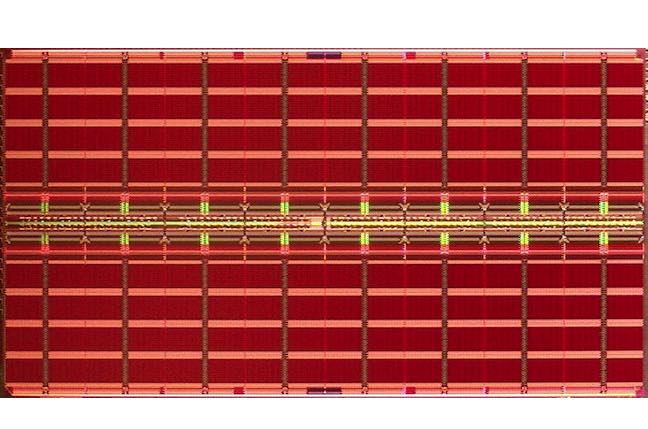Everspin, the niche MRAM developer, will need to raise new funds fast – or risk going bust. The loss-making company can self-fund at its current cash burn for another four quarters.
The company’s fundamental problem is that MRAM is faster than competing technologies but costs too much to manufacture. This makes it difficult to justify on price-performance grounds and MRAM take-up is slow. Can it overcome this?
Spinning class
Everspin last week posted $10m revenues for the first calendar 2019 quarter, a 33 per cent fall on last year’s $14.9m. Net loss was $4.3m (-$3.5m Q1,2018). It expects revenues of $9.6m to $10m in the next quarter and a similar loss. Cash and cash equivalents at the first quarter end were $18.5 million; compared with $23.4m a year ago.
Revenues come mainly from technology IP licensing and royalty payments by MRAM device manufacturers. It attributed the revenue fall, mainly to a one time IP licensing fee realised in Q1 2018.
Everspin has had $80.3m in funding and IPOed in 2016. The company raised $24.5m in a secondary offering in February 2018. It also obtained a $12m loan and security agreement with Silicon Valley Bank in 2017. The company is taking a hatchet to R&D costs by teaming up with GlobalFoundries through a joint development agreement. R&D costs fell in Q1 from $6.5m to $4m. But Blocks & Files expects the company will need another funding raise in the next 12 months.
Another spin
Our thinking is confirmed by Everspin’s 10Q SEC filing filed last week which acknowledges doubts over ability to continue trading;
These conditions, and our cash balances, raise doubt about the Company’s ability to continue as a going concern for at least a year after the issuance date of the accompanying condensed financial statements.
The Company plans to address these conditions by reductions in spending, improvements in product margins, increasing revenue, raising capital through equity or debt financings, licensing of its Intellectual Property, or a combination thereof. There is no assurance, however, that the Company will be successful in these plans.
Dire straits ahead
Management bleakly states that Everspin, if unable to raise additional capital or fund itself from its own operations “may be forced to cease operations altogether, file for bankruptcy, or undertake any combination of the foregoing. In such event, our stockholders may lose their entire investment in our company.”
There is a concern over its ability to fund itself as “our per-bit cost to produce our product is currently higher than competing technologies. As a result, our ability to capture market share and generate sufficient revenue to transition to profitability and generate consistent positive cash flows is uncertain.”
The company has identified and is fixing an internal weakness in financial reporting which, if not fixed, “could cause investors to lose confidence in our financial information or cause our stock price to decline”.
Customers on the horizon
In the earnings call last week, CEO Kevin Conley said: “IBM, our largest STT-MRAM customer, announced in April that the NVMe flash core module using our 256-megabit part is now supported in its third enterprise storage array family.” That is the Storwise V5000 product family.
Everspin MRAM is being used in IBM’s FlashSystem 9100 and Storwise V7000 products.
Conley also said three products from SSD controller companies designed-in support for its MRAM, and qualification was proceeding with one or more to be completed this year. These controllers would then have to be qualified in turn by the controller companies’ own customers.
Everspin secured two design-wins for its 28nm 1Gbit STT-MRAM product during the quarter and appointed Troy Winslow as Global Sales VP. Get selling Troy, before the walls come tumbling down.








